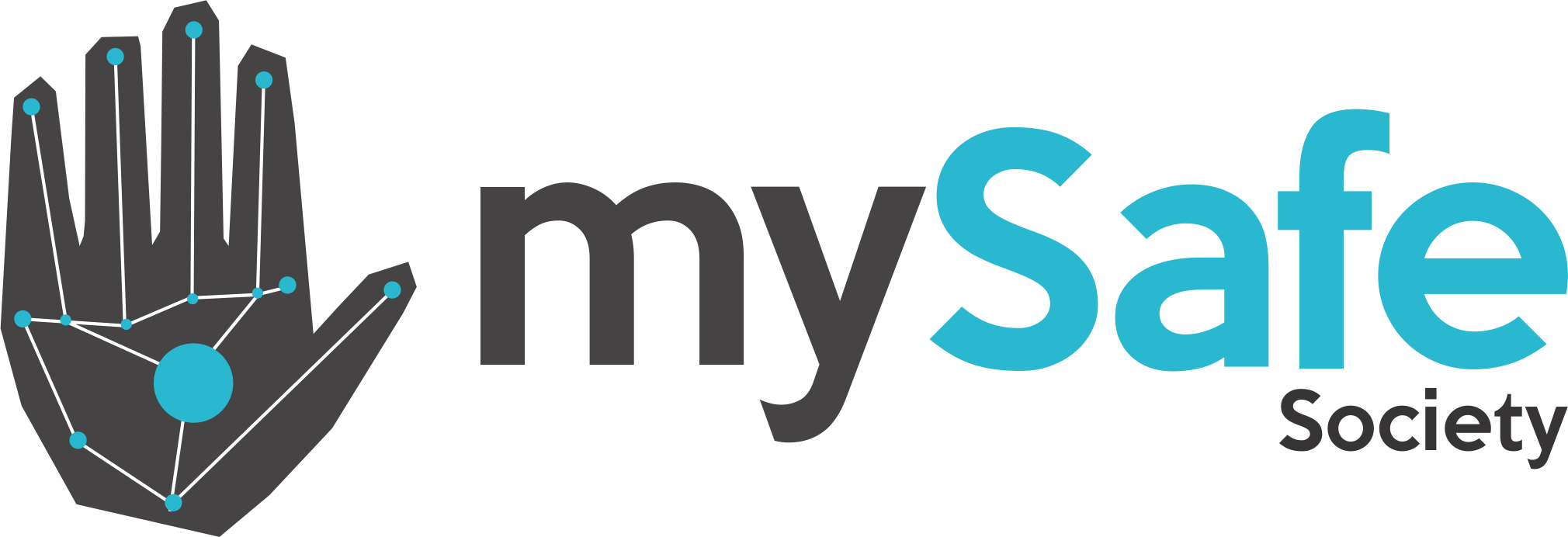ZOE DODD, ERIS NYX, COREY RANGER AND MARK TYNDALL
MARK TYNDALL
CONTRIBUTED TO THE GLOBE AND MAIL
PUBLISHED MARCH 11, 2022
Zoë Dodd is a community scholar with the MAP Centre for Urban Health Solutions and co-organizer with the Toronto Overdose Prevention Society. Corey Ranger is president of the Harm Reduction Nurses Association and nurse lead of the Victoria SAFER initiative in B.C. Eris Nyx is director of harm reduction with the SRO Collaborative and co-founder of the Drug User Liberation Front in B.C. Mark Tyndall is a physician and professor with the School of Population and Public Health at the University of British Columbia and founder of the MySafe Society, B.C.
In December, the Alberta government set up a committee to consider the merits of providing access to a regulated supply of pharmaceutical-grade drugs, also called safe supply, in response to the continuing drug-poisoning crisis.
This crisis has killed more than 27,000 Canadians since 2015, and there is no end in sight. The introduction of fentanyl, unpredictable drug combinations and other deadly contaminants into the drug supply has resulted in a protracted massacre of people who were already being left behind.
As a group, we have declined the invitation to appear before the Alberta government’s committee. We feel that this is a deeply flawed process and that the conclusions have been predetermined. While we remain committed to saving lives through providing access to a safer drug supply, we refuse to lend any credibility to the process.
While governments across Canada have largely been sitting on the sidelines as this crisis has unfolded, Alberta’s United Conservative Party has taken an aggressive stance against people who use drugs by actively opposing harm-reduction interventions, targeting both evidence-based supervised injection sites and injectable opioid agonist treatment programs. The government has instead promoted abstinence-based treatment programs and tougher law enforcement.
Further, its safe-supply committee clearly lacks impartiality: It consists of only MLAs from the UCP. Members of the Opposition NDP walked away from the legislative committee. The party’s mental-health and addictions critic, Lori Sigurdson, described it as a “rigged process” after reviewing the list of more than 20 “experts” who were invited to present.
The initial invitation list excluded anyone who had personal experience with drug use, worked on the front lines of harm reduction, had experience delivering safe-supply programs, or advocated for drug-policy reform. Instead, the list of presenters included people who had publicly come out against safe supply, those with direct ties to abstinence-based recovery programs, and even people who actively opposed harm reduction.
As experts in harm reduction, we can only conclude that this committee is political theatre to prop up the government’s anti-harm-reduction agenda.
Canada’s drug-poisoning epidemic is a public-health crisis that can only be addressed by a radical shift in current drug policies and a renewed look at how we view, support and engage people who use drugs. Ending punishing and futile law-enforcement practices, ramping up harm-reduction programs that link people to services, and reallocating the billions of dollars that we are currently using for policing and incarceration into housing and social programs are required. These are the pillars of a comprehensive response to drug use that community groups, people who use drugs and human-rights advocates have been demanding for decades.
In response to the toxic drug supply, calls for access to a safe supply have emerged as an additional pillar. In fact, the No. 1 recommendation released this week by the BC Coroners Service Death Review Panel was to urgently establish a provincial framework for a safer supply and rapidly expand it using both medical and non-medical models.
STORY CONTINUES BELOW ADVERTISEMENT
It is unethical that we do not offer people life-saving pharmaceutical alternatives to the toxic drug supply when they are readily available. One of the narratives used to oppose safe supply is that the crisis was initiated by physician overprescribing. While easier access to prescription opioids may have contributed, the current drug poisoning crisis is due to fentanyl and the unregulated drug supply, not overprescribing.
Despite the massive fatalities over the past six years, there has been no substantial change to our “war on drugs” playbook. We continue to target drug possession and trafficking through military-style policing and incarceration; promote a rigid, over-medicalized addiction-treatment system; and support ineffective abstinence-based recovery programs. Ironically, these approaches have led directly to the situation that we are in today, where prohibition has predictably led to a more toxic drug supply, and drug users and their families feel that they have no alternatives.
The life-saving benefits of a safe, regulated supply of drugs are obvious. People who use psychoactive drugs from a known source, with a known potency, free of contaminants, will not overdose and die. We know this from our vast experience selling alcohol. It is not that alcohol is risk-free, but if you consume a bottle of beer at a restaurant you will not drop dead at the table. Just imagine if that happened more than 27,000 times and nothing was done about it.
We acknowledge that providing people with a safe, regulated supply is a major shift in how we approach drug use and addiction. Like any public-health intervention, there are risks and unknowns. While there can never be a randomized, placebo-controlled trial to demonstrate the benefits of safe supply because of ethical considerations, pilot programs are currently being rigorously evaluated and refined. This includes the evaluation of different delivery models of safe supply, such as programs where drugs are used under medical supervision, community-based compassion clubs, pharmacy distribution and secure dispensing kiosks.
These are the sort of operational issues that Alberta’s safe-supply committee should be grappling with – not whether people should be able to access drugs that won’t kill them.
